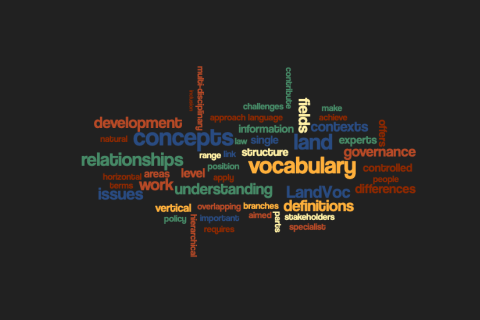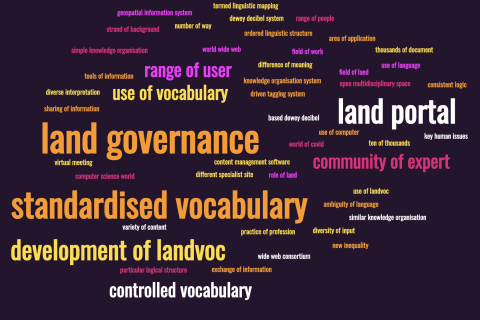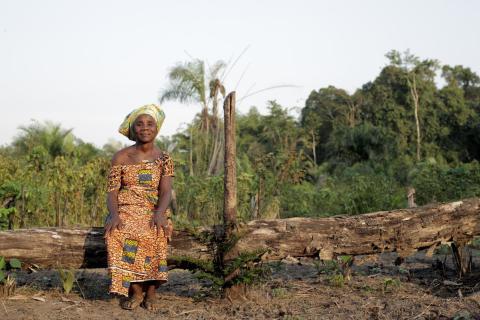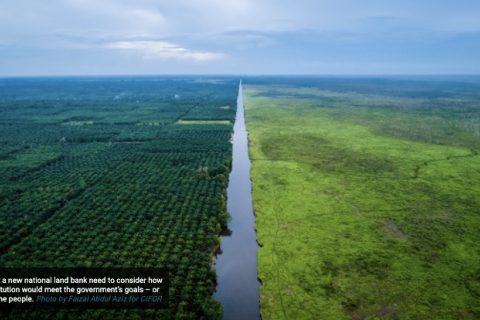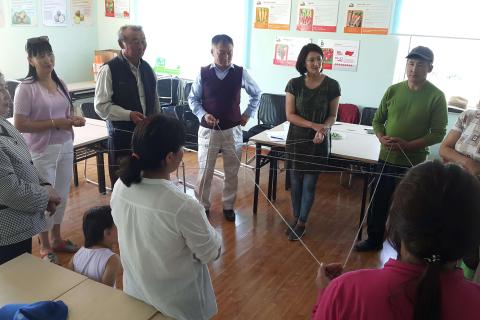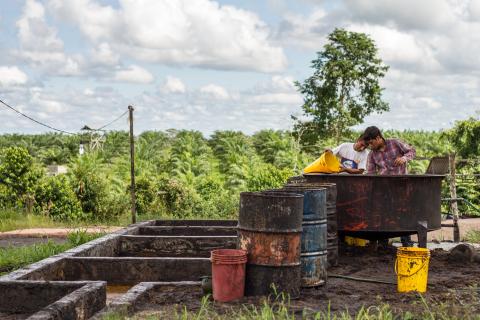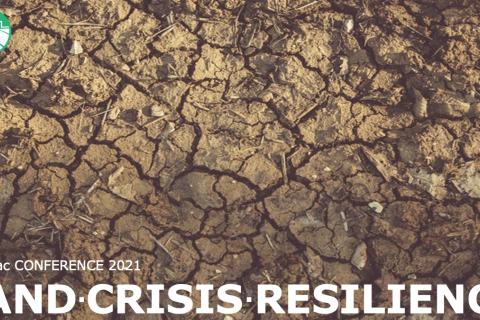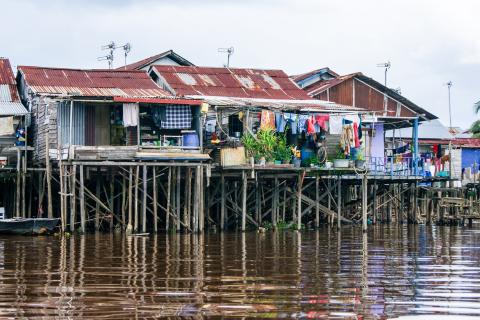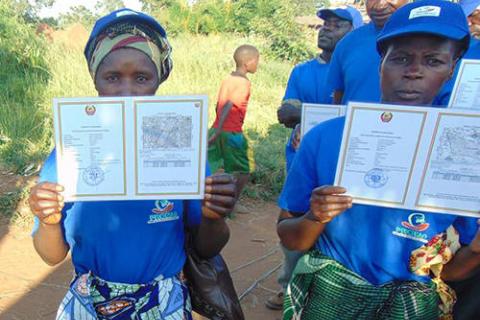The Continuing Development of LandVoc: Becoming a Linked, Open Multidisciplinary Space
Many expert vocabularies have emerged from specific and limited scientific fields such as medicine and botany. They have aimed to achieve precise understanding between experts in these fields based on exact definitions of the terms used and originally, in their early examples, through the widespread use of Arabic or Latin as international scientific languages.

